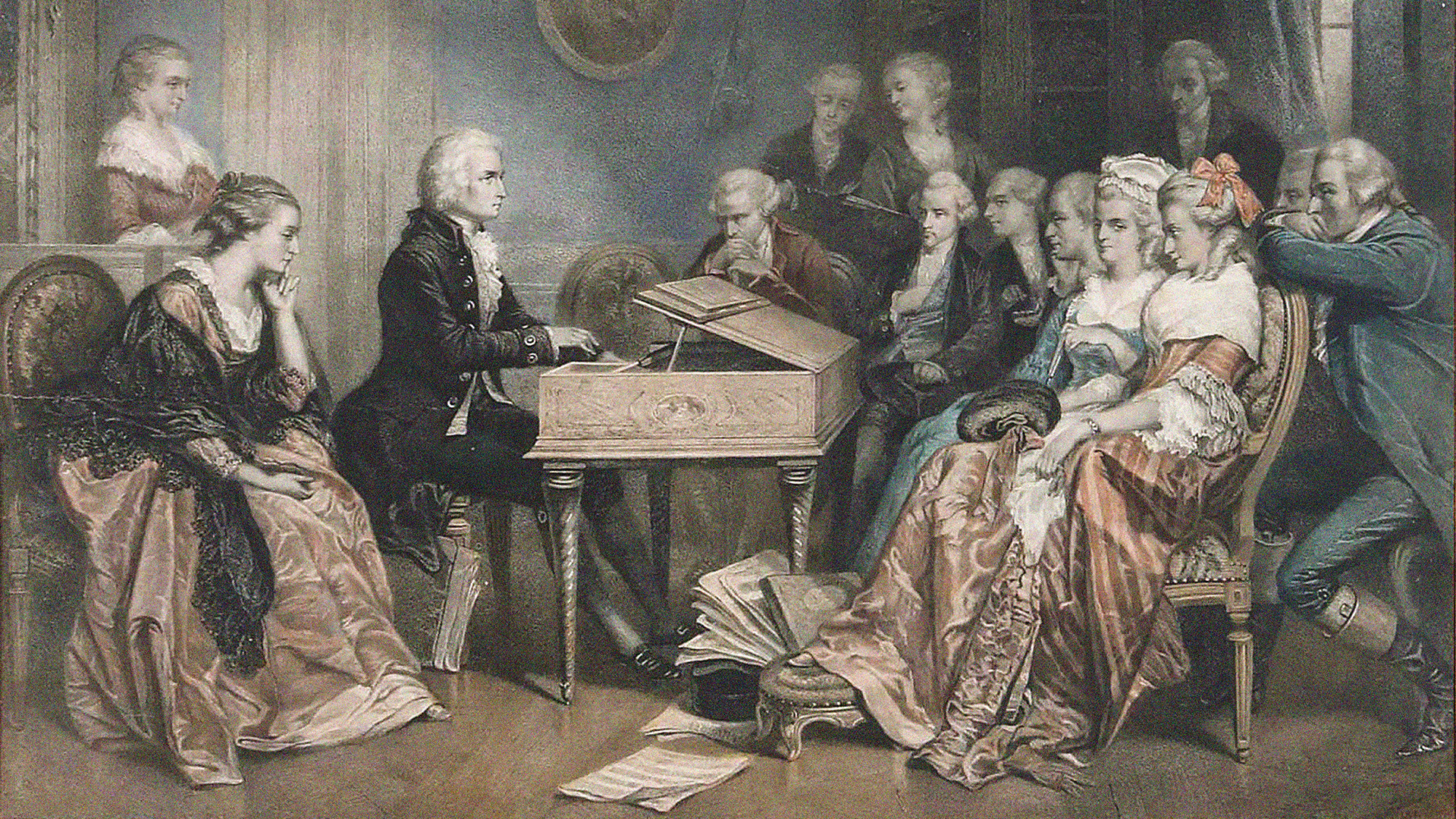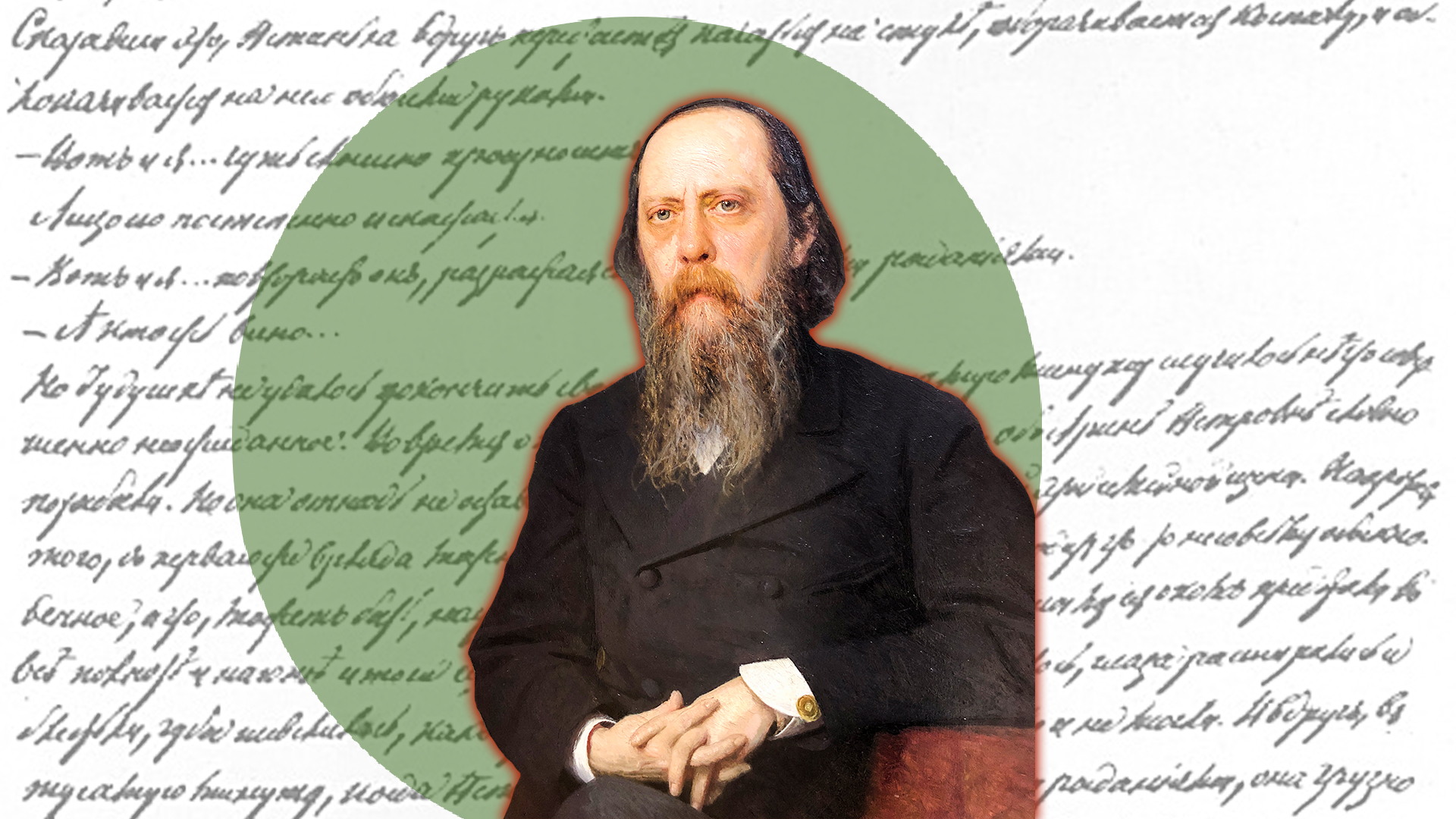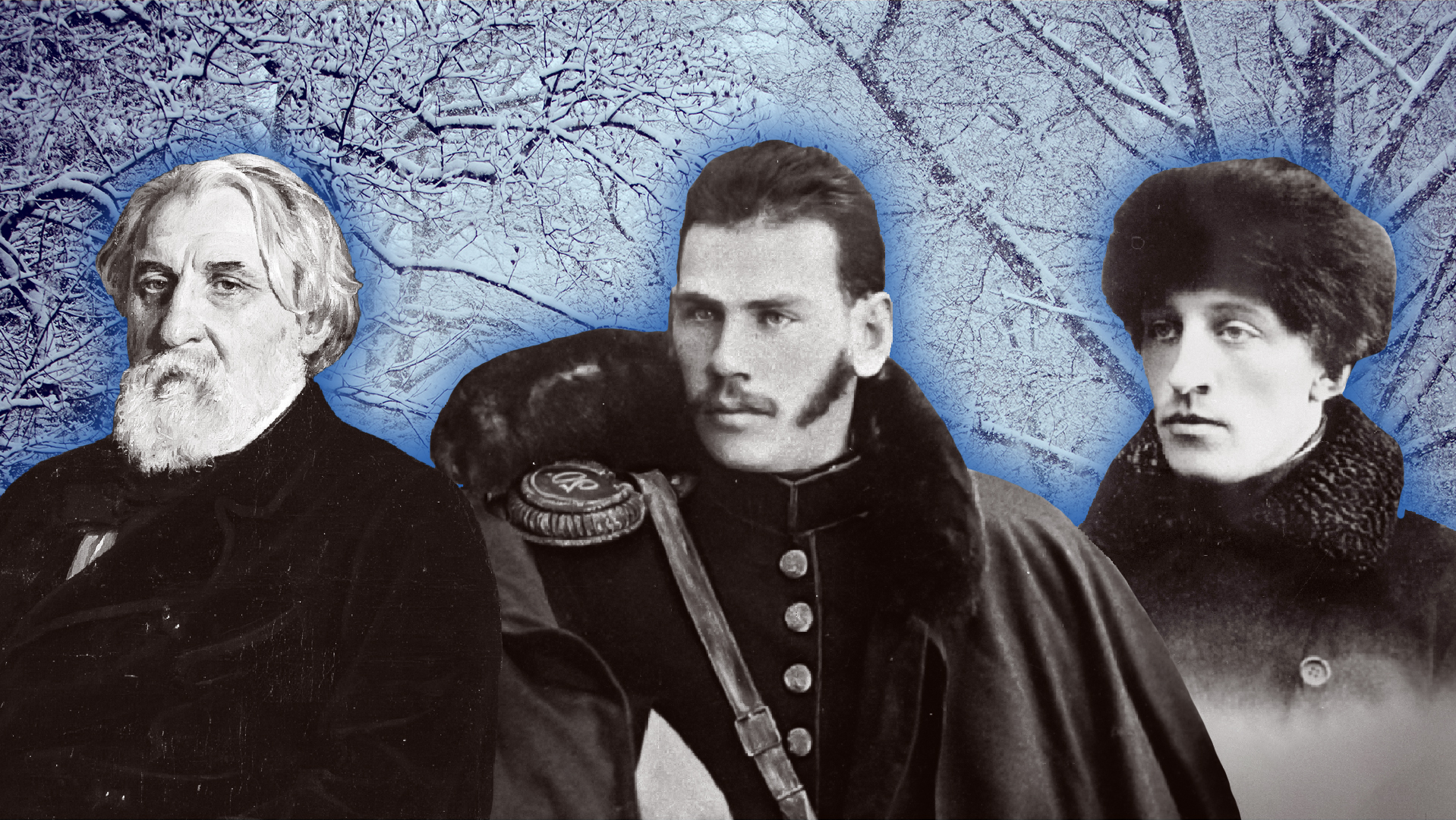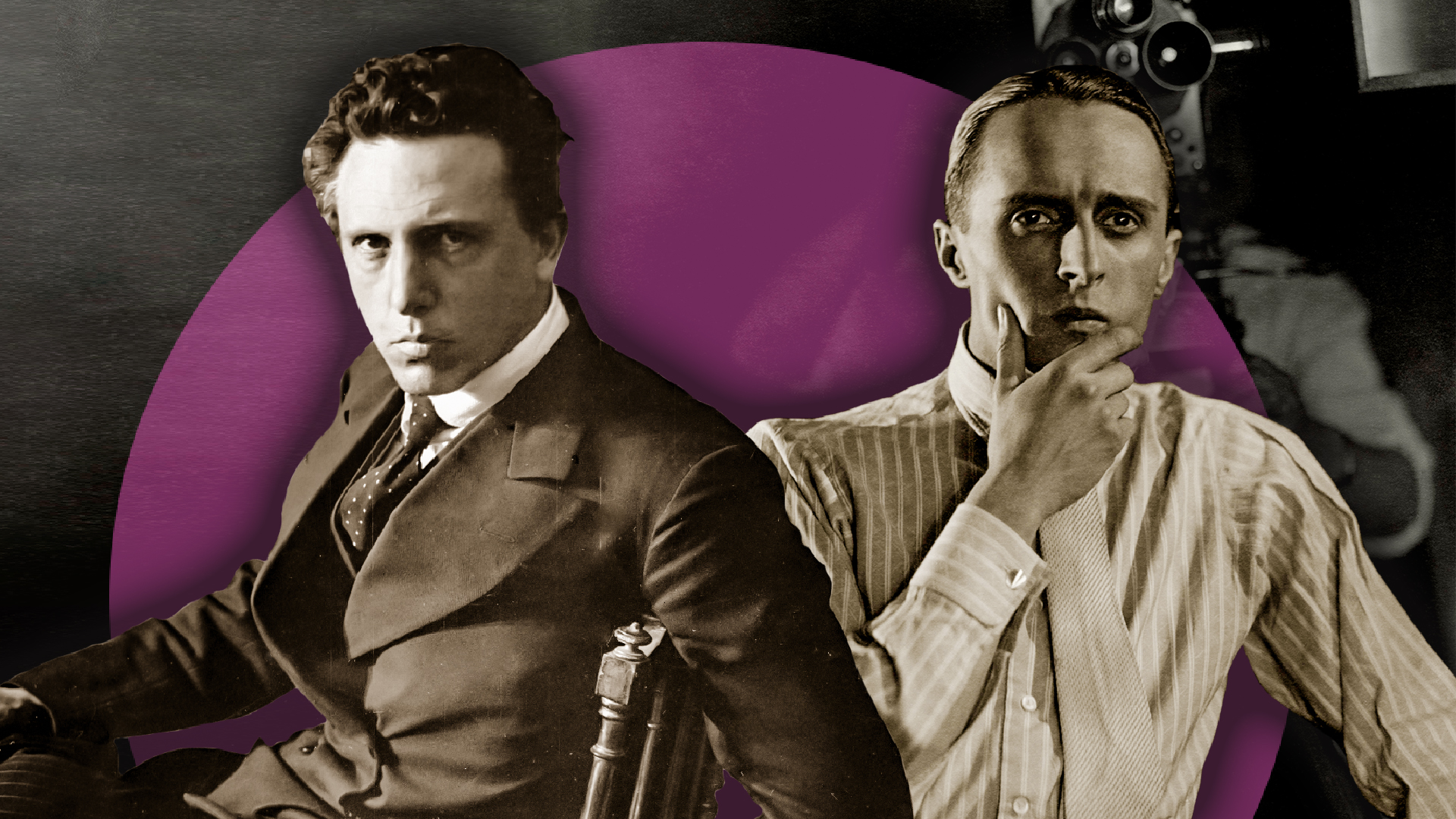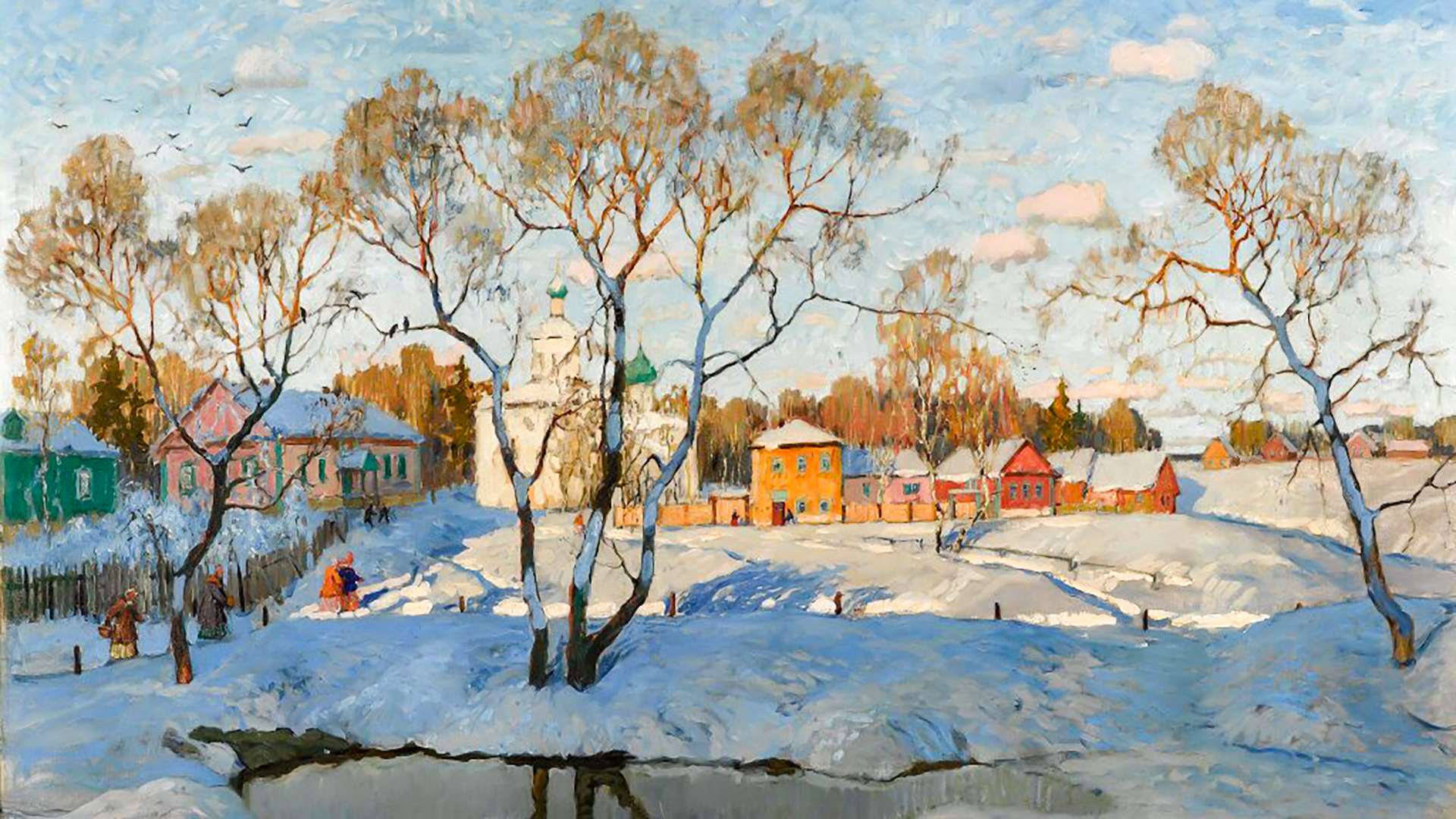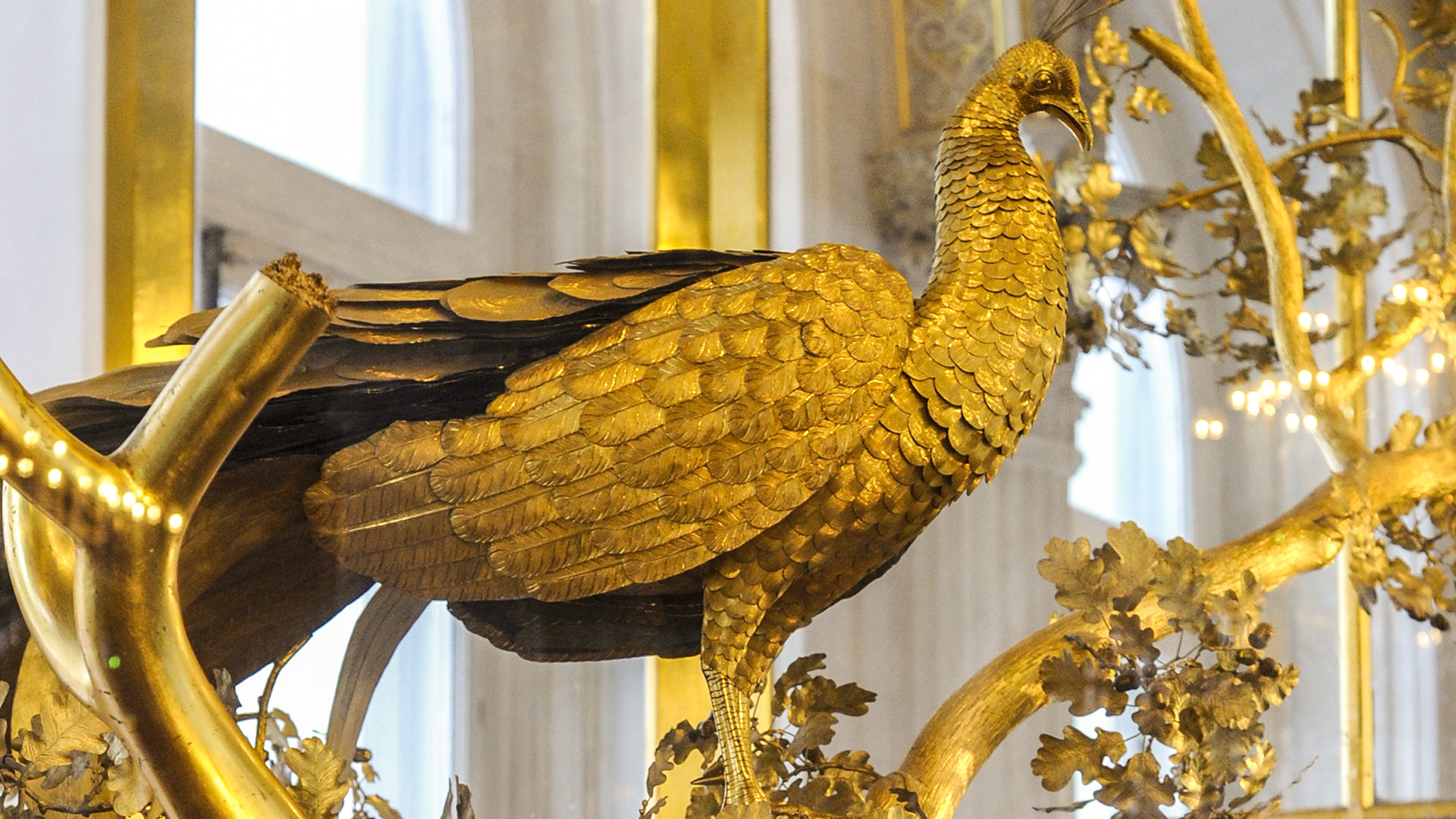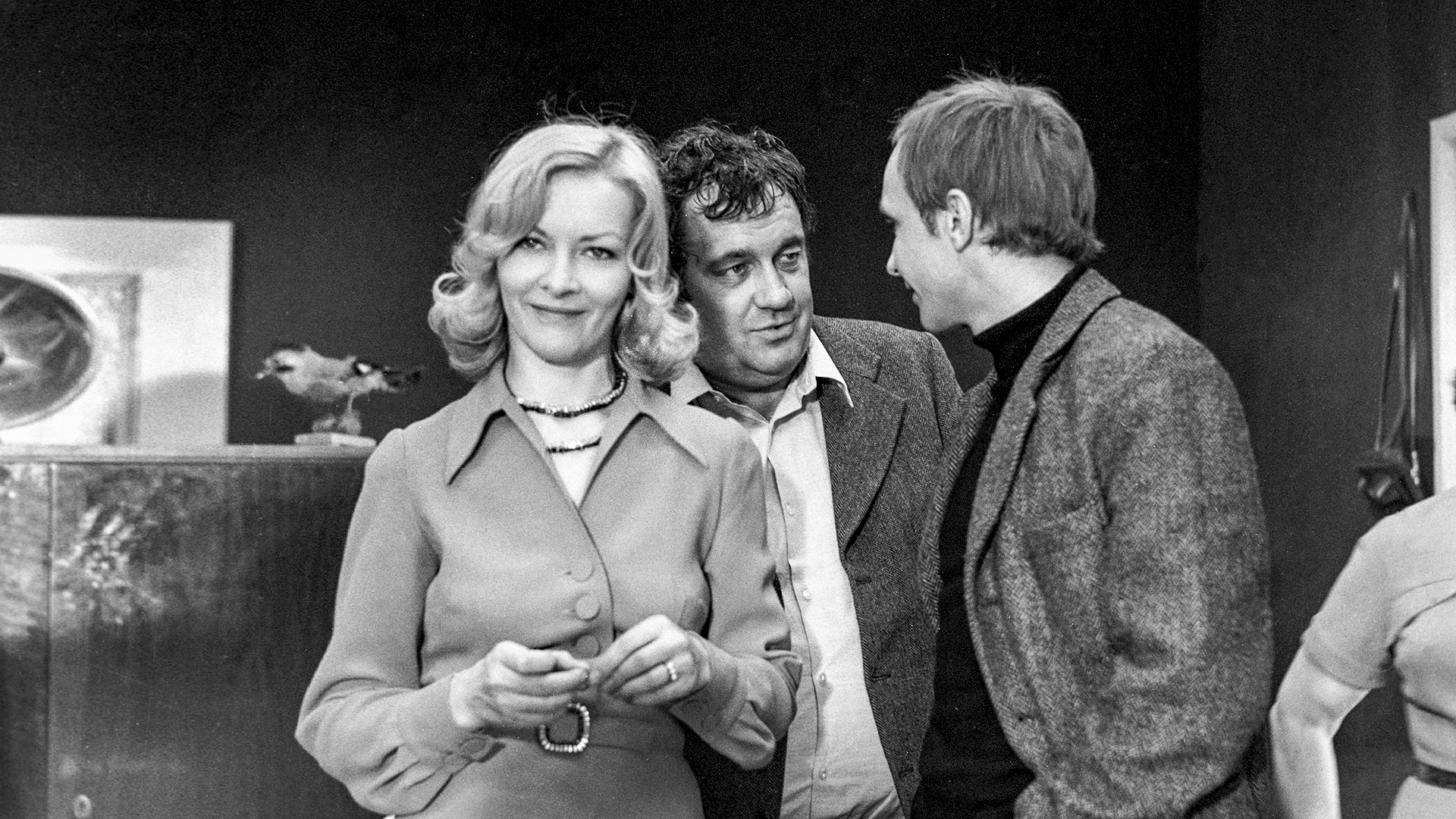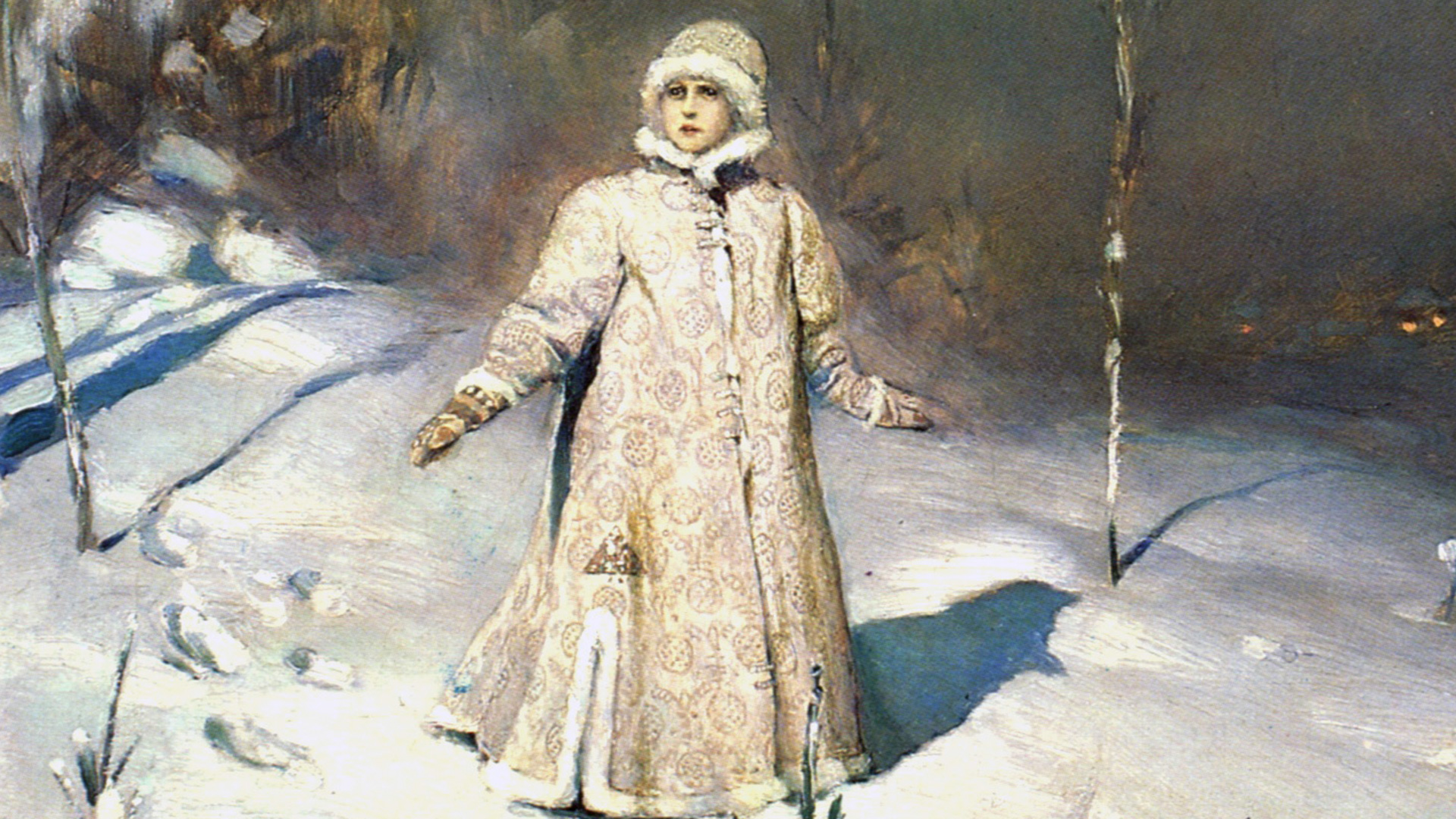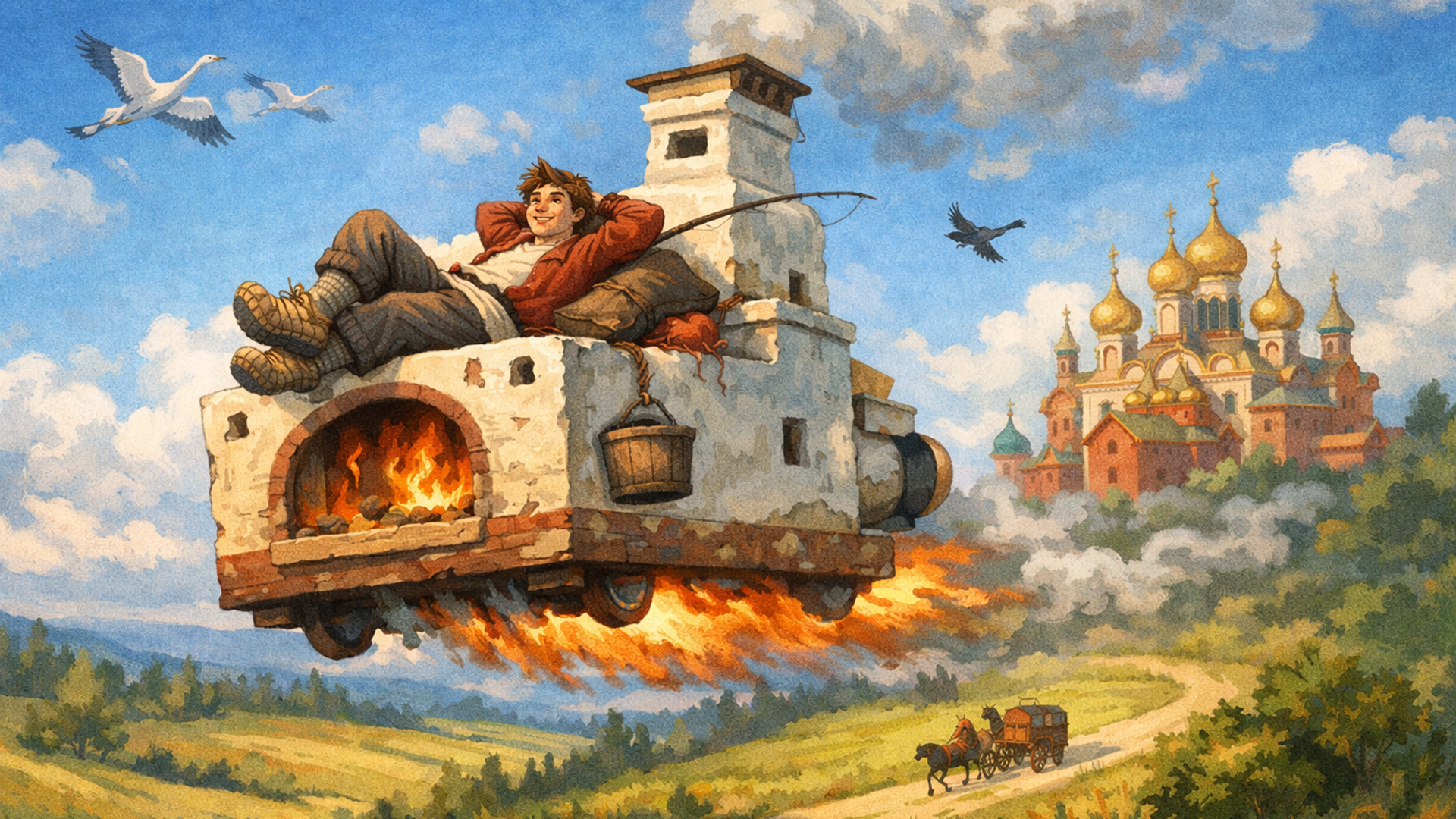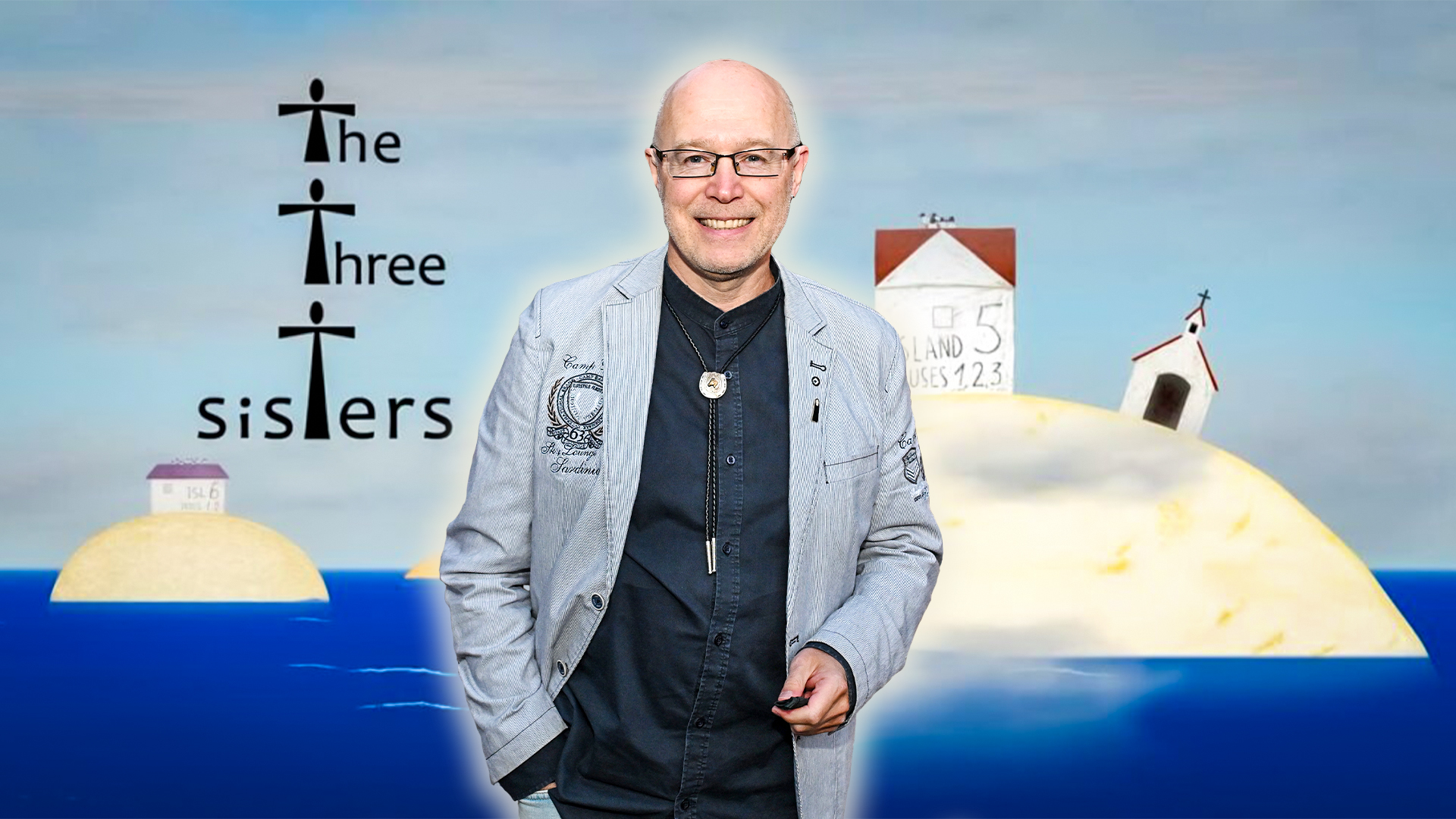
What did Russian classic writers say about SUMMER?

A familiar landscape

Anton Chekhov frankly enjoyed the village views. He bragged to the publisher Alexei Suvorin, telling him about his stay at the Lintvarev Estate on the Psel River in Sumy: “The river is wide, deep, abundant in islands, fish and crayfish, the banks are beautiful, there is a lot of greenery… And, most importantly, it is so spacious that it seems to me that for my 100 rubles, I have received the right to live in a space that has no end in sight. <…> Not to mention the nightingales that sing day and night, the barking of dogs that can be heard from afar, the old neglected gardens, the tightly packed, very poetic and sad estates in which the souls of beautiful women live…”

Writer Ivan Bunin wrote with nostalgia about the Vasilyevskoye Estate in the Oryol province: “The village house in which I again spend the summer is a century and a half old. And it is always pleasant for me to remember and feel its antiquity. The old, simple way of life that I am connected with pacifies me, gives me rest in the midst of my constant wanderings."

"Another three days in the village, spent very well. Gymnastics. Bathhouse. Overate," author of ‘War and Peace’ Leo Tolstoy admitted in his diary, recalling his vacation in Yasnaya Polyana.
Village Vacation
After the noisy bustling city, moving to the dacha (country house) was like a journey to another world. Where you could enjoy good weather, go fishing and spend time in idleness. "Every day, I go by boat to the mill and, in the evenings, I go to the islands to fish with the maniac fishermen from the Kharitonenko Plant. The conversations are interesting. On Trinity Sunday, all the maniacs will spend the night on the islands and fish all night; I will too," Chekhov wrote, sharing his plans for a vacation on the Psel River.

Alexander Ostrovsky, author of ‘The Dowry’, felt the beneficial effects of a vacation in the village of Shchelykovo in the Kostroma province: "I spend several hours intoxicated by the fragrant air of the garden. And then nature becomes clearer to me, all the smallest details that I would not have noticed before or would have considered unnecessary, now come to life and ask to be reproduced."
Guests are expected

"Dear friends, it is lovely here! And so, rejoicing in the sun, the river, the acacias, the lindens, the sweet air and the hope of being cured of fatigue, both Lyusya and I tenderly kiss you and we will also write the details," the author of ‘The Master and Margarita’ Mikhail Bulgakov reported to Yakov Leontyev, the deputy director of the Bolshoi Theater, from the Zhitomir region.

Gorky invited guests to his dacha, promising a dacha idyll. "Come here. We will put you in a school, in the same park, not far from us. You will have a large room, no one will disturb you. It will be quiet. I have started swimming in the lovely Pele River, where huge pikes swim. A beautiful river. From here, from the village, in the moonlight and to the plaintive singing of frogs, Yalta existence seems to me even more disgusting, invented, unnecessary. From tomorrow – I'm working," he wrote to Chekhov from the Poltava province.
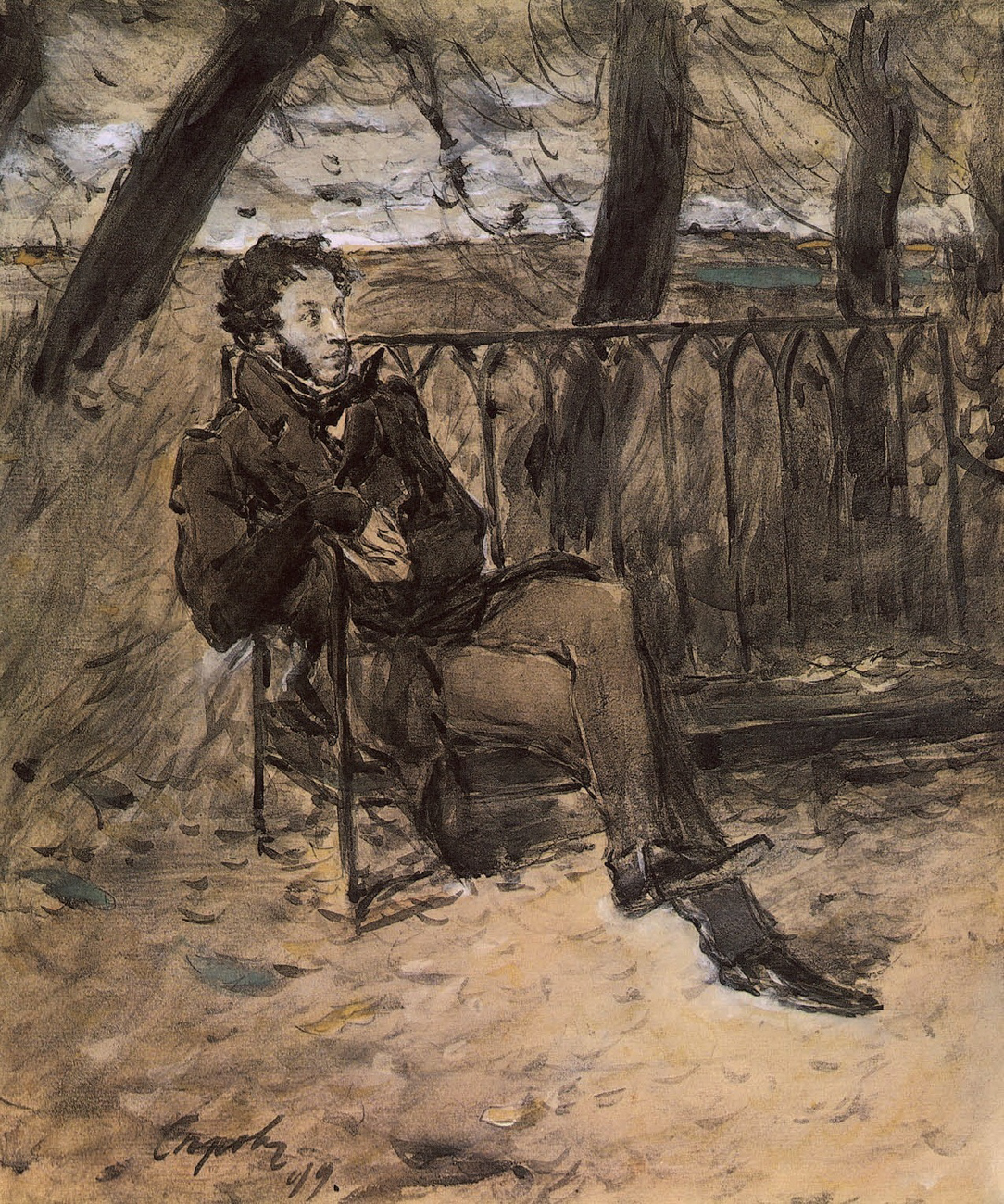
"Ah, my dear! What a delight this village is! Imagine: steppe and more steppe; not a soul in the neighborhood; ride as much as you like, write at home as much as you like, no one will disturb you. I'll prepare all sorts of things for you, both prose and poetry," wrote Alexander Pushkin about Boldino in a letter to poet Pyotr Pletnev.


